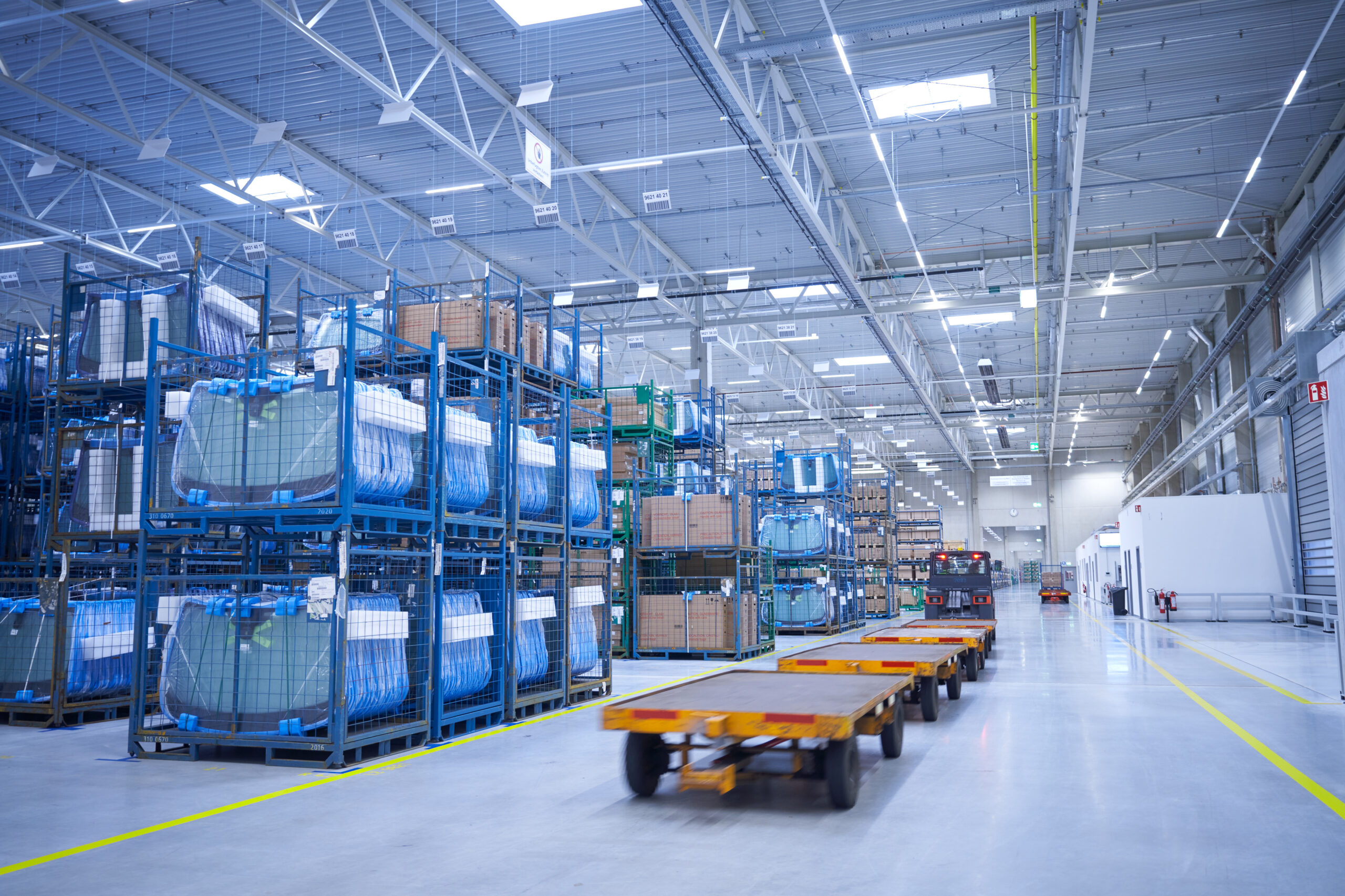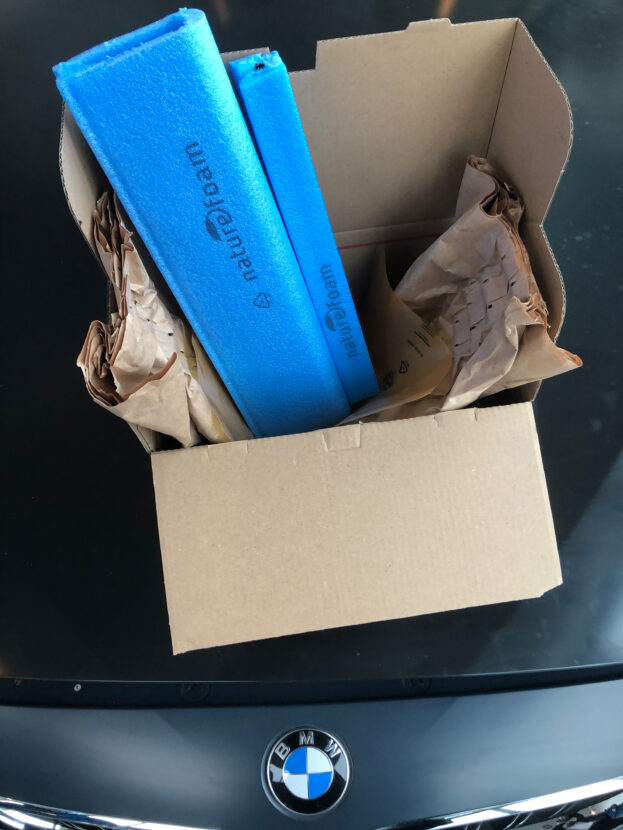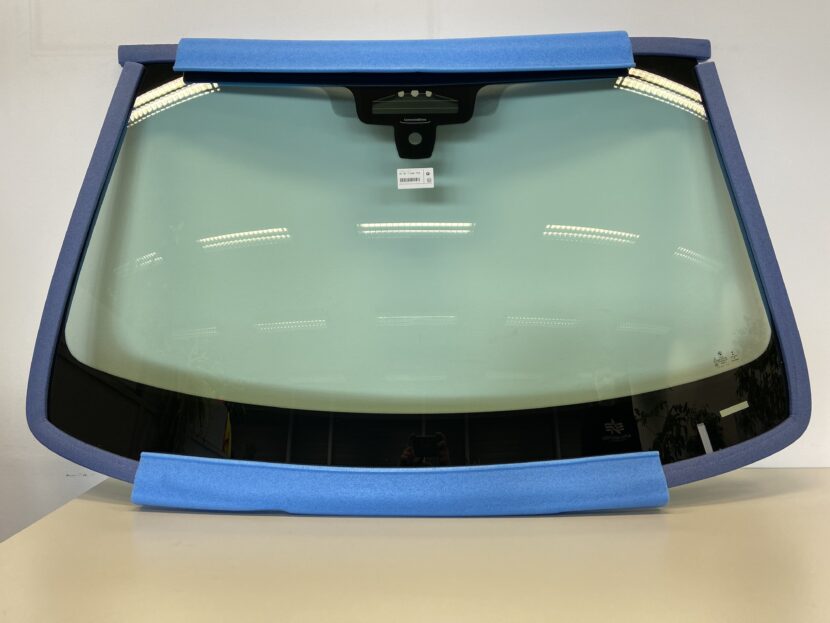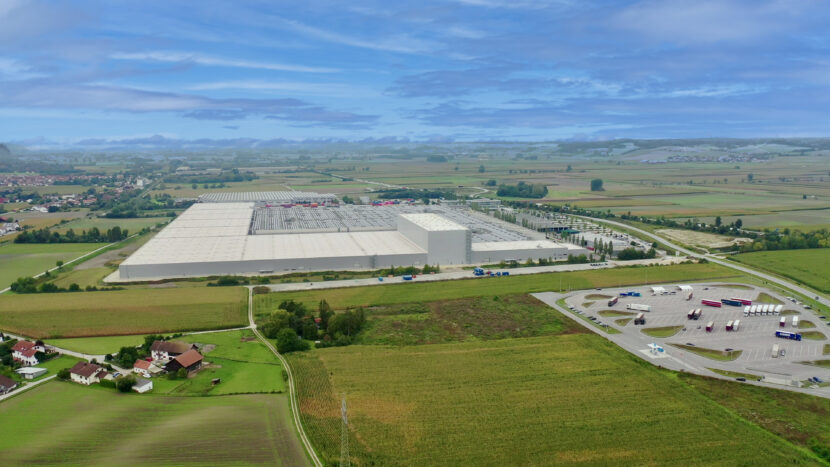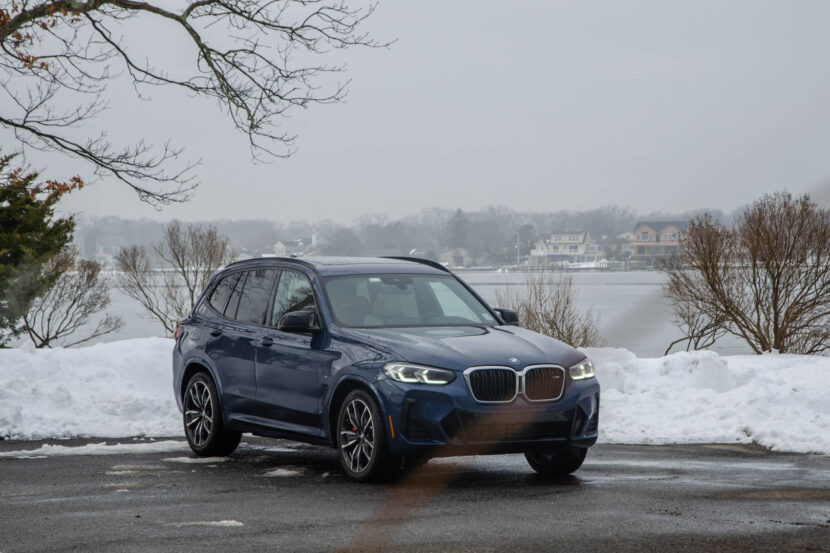At BMW Group, the outer wrapping and packaging for BMW, MINI and BMW Motorrad spare parts is just as important as ensuring the high quality of the content inside. Through years of research and experience, the Bavarians have managed to come up with some ingenious, eco-friendly methods of packaging based on sustainable, raw materials.
For that, some exotic resources are put to work, such as fruit extracts used for manufacturing the corrosion protection films and bags made or the sugar cane in the foam profiles. “It is important to us to address the issue of sustainability holistically and along the entire value chain. We want to be ahead of the times and develop packaging solutions that are as sustainable as possible,” explains Richard Kamissek, Head of Parts Distribution.
As early as 2016, corrosion protection films made of fruit extract were introduced as the first sustainable packaging. The orange, transparent VCI (vapor corrosion inhibitor) films and bags smell pleasantly of coconut, contain no amines or nitrites and effectively protect vehicle parts made of metal such as articulated shafts from corrosion.
Packaging specialists located at the group’s Dingolfing plant are also increasingly relying on organic foam profiles, which serve as edge protection for the transport of windscreens, for example. Naturefoam is the name of the upholstery material, which is produced on the basis of sugar cane and has already replaced four out of seven conventional plastic packaging in the BMW Group parts shipment.
An innovative solution made of sustainable fiber casting, which is used for tailor-made component fixing in the packaging, is also being tested for suitability for parts shipment. Fibre casting meets you in everyday life, for example in the form of egg cartons. In addition, the specialists are also examining the use of low-emission paper made from fast-growing grass or hemp.
In cooperation with packaging suppliers, another major step has recently been taken towards greater sustainability: since September 2020, the paper padding of cardboard boxes has been made of 100 percent recycled paper. The use of wood fiber in the transport packaging will be eliminated by 2023.
Great attention is also oriented towards further developing sustainable packaging, panelling and wrapping solutions for the spare parts of future models. The Dingolfing packaging specialists are thus involved in the development of the vehicle from an early stage. A particular focus is now drawn towards the new BMW iX as the group’s new technology flagship, in the quest to reduce the entire CO2 footprint of the purely electric SAV.


